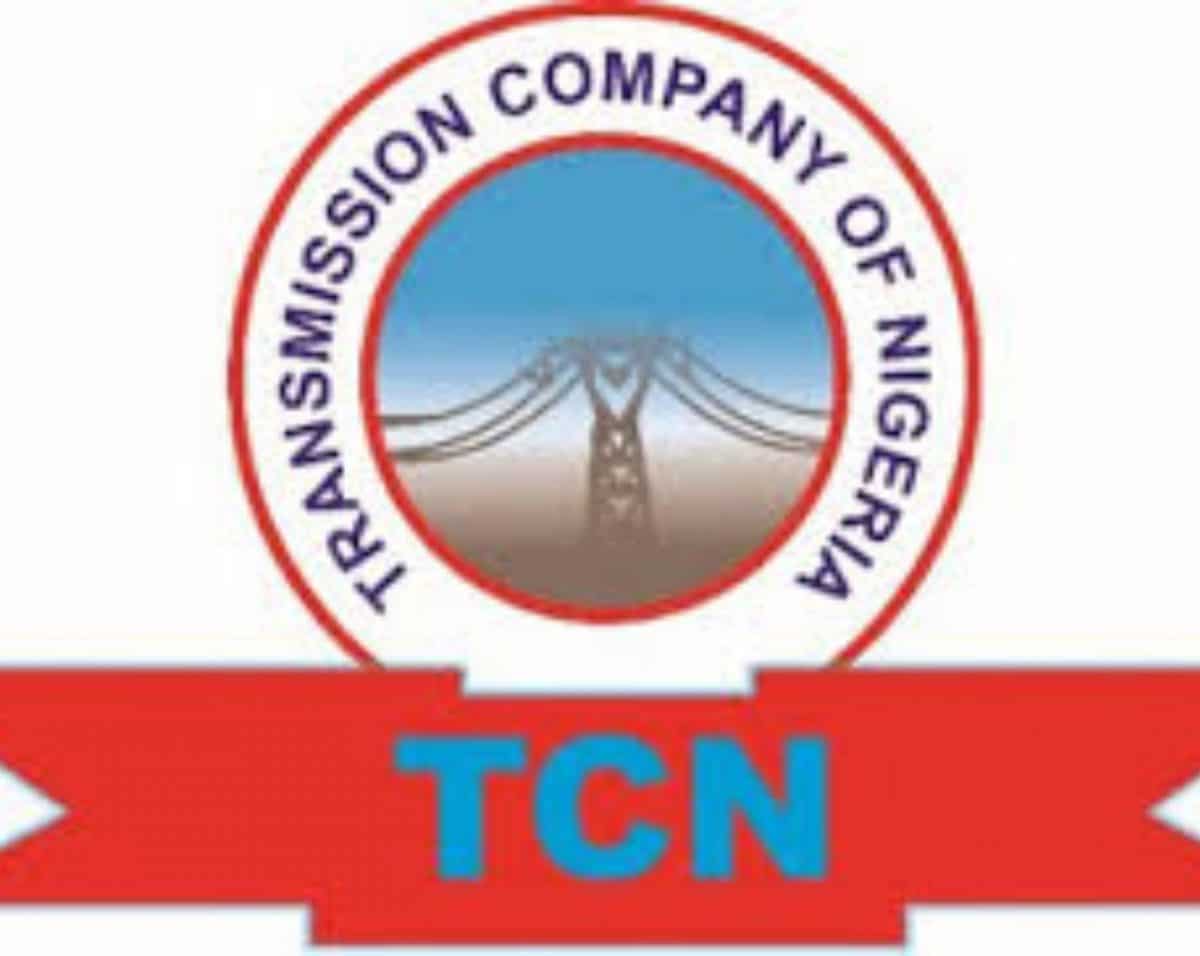


TCN deploys technology to detect sudden drop in power generation
The Transmission Company of Nigeria (TCN) says it has deployed a Generation Dip/Loss Detection System (GLDS) which detects and responds to sudden drops or dips in power generation.
The General Manager, Public Affairs, TCN, Mrs Ndidi Mbah said in a statement in Abuja on Wednesday that the deployment of the GLDs was part of the company’s efforts to enhance grid management.
“As TCN continues to make efforts to enhance grid management, its engineers have recently deployed the GLDS which plays a pivotal role in detecting and responding to sudden drops or dips in power generation across the network.
“This innovation stands as a testament to TCN’s commitment to advancing grid management capabilities.
“Designed to empower the National Control Centre (NCC) in Osogbo, GLDS provides grid controllers in NCC with advanced tools for real-time monitoring and analysis of grid performance,” she said.
Mbah said that the GLDS intuitive interface allows for the setting of parameters, continuous monitoring of power generating stations, and comprehensive reporting functionalities, enabling swift responses to grid disturbances.
She said that the GLDS incorporates sophisticated data analytics and machine learning processes to analyse real-time data and identify patterns associated with sudden generation loss.
“By leveraging anomaly detection techniques, GLDS can promptly alert grid controllers on deviations from normal grid behaviour, facilitating proactive intervention to prevent widespread disruptions.
“TCN ensures seamless communication between GLDS and Internet of Things (IoT) cloud servers, enabling more rapid response and coordination of mitigation strategies.
“This connectivity underscores TCN’s commitment to enhancing grid resilience and ensuring the uninterrupted delivery of electricity to consumers across the country,” she said.
Mbah said that previously, TCN engineers had developed an in-house design that leverages IOT technology as an innovative solution in response to the challenge of limited visibility of power generators.
According to her, the IOT devices, which were strategically deployed across power stations and some substations, facilitate the collection of near real-time data, including power generation levels and grid performance metrics.
“The IOT enabled the expansion of visibility of power generating stations from 6 to 27, this has helped TCN significantly improve its ability to monitor grid load and identify potential issues before they escalate.
“Recently, the IOT device was also used to capture generation from Taopex GS and Zungeru Hydro Power Stations, bringing the total number of power stations visible to the national grid to 29.
“GLDS and the IOT represent a significant step forward in bolstering grid stability and reliability,” she said.
Mbah said that these initiatives would empower TCN’s grid controllers with the insights needed to proactively address challenges and minimise disruptions.
“As well as demonstrates TCN’s dedication to meeting the evolving demands Of the Nigerian Electricity Supply Industry (NESI),” she said.



